There it is: the ballot that could change everything for your nonprofit.
It’s the issue that would provide funding or relief to the people you serve each day. It can be hard not to yell from the rooftops, asking everyone in your community to vote a certain way on the cause. However, proceed with caution, because going too far can cause a loss of your tax-exempt status—something that could be detrimental to your organization.
There is a fine line between yelling from the rooftops and gently educating those around you. Another, more technical term for this is lobbying vs advocacy. While they seem very similar and do have many related attributes, they are two very actions in the world of nonprofits. Advocacy is entirely allowed as a nonprofit, but too much lobbying can get your organization in big trouble.
What is Nonprofit Advocacy?
Nonprofit advocacy is focused on the educational side of policy change. It includes informing legislators and the public about specific causes. You likely advocate often for your organization. When you create informational resources or have conversations with political influencers, you partake in the act.
Advocacy also includes working with other organizations who have a similar interest to further both causes. It is a focus on collaboration and resources to push a common ideology in the right direction. Advocacy is important to the success of your organization in the future because it creates more concrete changes.
Benefits to Nonprofit Advocacy
Advocacy is an important aspect of furthering your nonprofit’s mission. If you focus on food equality, you want the public and your elected officials to be aware of the difficulties your organization faces. Providing educational materials on these subjects is a great way to draw in community support. It can also lead to government recognition in the future.
You also never know who’s watching when you share information. A policymaker or government official could feel strongly about your cause and attract media attention. Collaborations formed through advocacy can draw in new donors, volunteers, even people who need the services your organization provides. The more people who have eyes on your positive impact, the better.
What is Lobbying?
Lobbying, on the other hand, is more involved. This is when you ask a legislator to vote a specific way on an issue, create petitions, or ask members of your organization to call legislators regarding a specific issue. In other words, it’s when your organization has a set opinion on a cause and voices it to the public or legislators. You are trying to influence a political opinion through your organization.
Direct lobbying, as the name suggests, is when a person has direct communication with a legislator in an attempt to influence policy change or vote results. Grassroots lobbying is more indirect and includes a call to action approach. This might be through letters or emails asking recipients to contact their government officials regarding a specific issue. Often, contact information is provided so people can attempt to influence a political decision quickly.
The National Association for the Education of Young Children provides an excellent list of what is and is not permitted for nonprofits. Some things that are allowed include:
- Meeting with policymakers about legislation
- Inviting a policymaker to visit and view your programs
- Testifying at public hearings
- Using private funds to lobby
IRS Guidelines
The IRS states that no organization can qualify as a 501(c)(3) if they spend a substantial amount of their time lobbying. Too much lobbying or trying to influence political decisions leads to a loss of tax-exempt status. Two main factors, time and money, go into deciding if an organization meets the substantial part test. If an organization fails, they not only lose their tax-exempt status but can also be taxed further for their failure to comply. However, organizations are allowed to conduct educational meetings and create educational materials for the public without repercussions.
There is definite reasoning behind this stipulation. Many nonprofits survive largely on government grants, so if they use these funds to directly influence politics, it can get controversial. This is why the IRS regulates such matters and ensures the line does not get blurred.
However, a 501(c)(4) or welfare organization is allowed to directly lobby. This is because their donations are not tax-deductible. They do follow regulations but be sure you don’t confuse them with your nonprofit’s rules.
The IRS can also use what they call “facts and circumstances” to decide whether or not a nonprofit violated lobbying rules. This means that something may violate the rules during an active campaign, but not during other times of the year when rallies and voter efforts are not happening. It is based on the circumstances surrounding the political action.
How to Protect Your Organization
There are several ways to make sure you don’t cross over into the dangerous side of lobbying. While some lobbying is allowed, it can very quickly turn into too much.
- Educate on both sides of an issue — Providing content for all opinions ensures that you are purely educating the public. Hopefully, they will already know your stance based on what your organization stands for on a daily basis.
- If it’s questionable, don’t do it — If you feel on the fence about a decision, chances are the IRS will not see it as favorable. Protect your organization and yourself and find other ways to promote your cause if you feel there will be controversy.
- Check with the IRS — You can also call (877) 829-5500 to speak to a representative from the IRS about any questions or concerns.
- Hire a legal counsel — If you find yourself constantly questioning what to do when political issues arise, it may be best to speak to a legal counsel. They can offer their expertise on the subject and get to know your organization inside and out.
- Say no to politicians — Maybe a local politician asks to speak at an event you’re hosting. This looks great for them because they are supporting a local nonprofit. However, if you invite them you must also invite all opposing candidates and they cannot speak politically, only on your organization’s mission. It is possible for them to speak, but if you’re worried about the legality it may be best to turn the offer down.
Filing the 501 (h) Election
Filing Form 5768 with the IRS is another way to make sure your nonprofit doesn’t cross the line. This is also called filing the 501 (h) election. This puts a nonprofit through an expenditure test instead of the substantial test. The substantial test has many variables and the rules are often not clear. The expenditure test essentially tells a nonprofit what their maximum for lobbying expenditures is to remain in good standing with the IRS. It takes some of the guesswork out and has more definitive numbers for a nonprofit to follow throughout the year.
This amount is based on the organization’s size, so larger organizations will have a much higher expenditure for lobbying activities. If an organization goes over its limit, they will still have to pay a tax. However, it takes four years of going over the limit to lose tax-exempt status. This is all to say that you are much more protected under the expenditure test. Form 5768 is also very short, making the process less intimidating.
Be Careful on Social Media
It’s important to remember your nonprofit’s social media accounts are a direct reflection of your organization. Be sure to provide training to any staff that handles social accounts so they know exactly what information they can put out there regarding political opinions. They cannot show direct support of a particular candidate, send out petitions, advocate for only one side of a divided cause, or link to the profile of a singular candidate. They must remain bipartisan even in the world of social media.
Use your social accounts to communicate all the good your organization is doing. Showcase new events, programs, or donors that made a huge impact on your overall goals. You can offer helpful resources to those who know nothing about the problems your community faces. The public will see your successes and want to help you further your cause in both the political and bipartisan landscape.
Continue Succeeding
According to a survey, a majority of nonprofits spend less than 2 percent of their budget on lobbying. This puts things into perspective and shows lobbying does not need to be a major concern for your organization. Weigh the risks and see if it is worth the stress of trying to stay on the IRS’ good side.
Often, people unknowingly commit tax fraud and it causes unnecessary damage to their organization’s status. Do the research ahead of time and you can save yourself a lot of headaches, time, and money. There are many ways to share your mission and maintain a neutral tone. Keep advocating legally and your organization is bound to pick up support along the way.
.svg)


.svg)
.svg)
.svg)

.png)








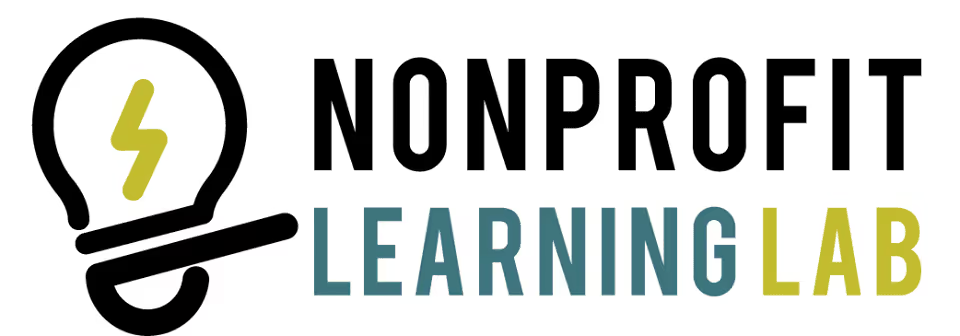
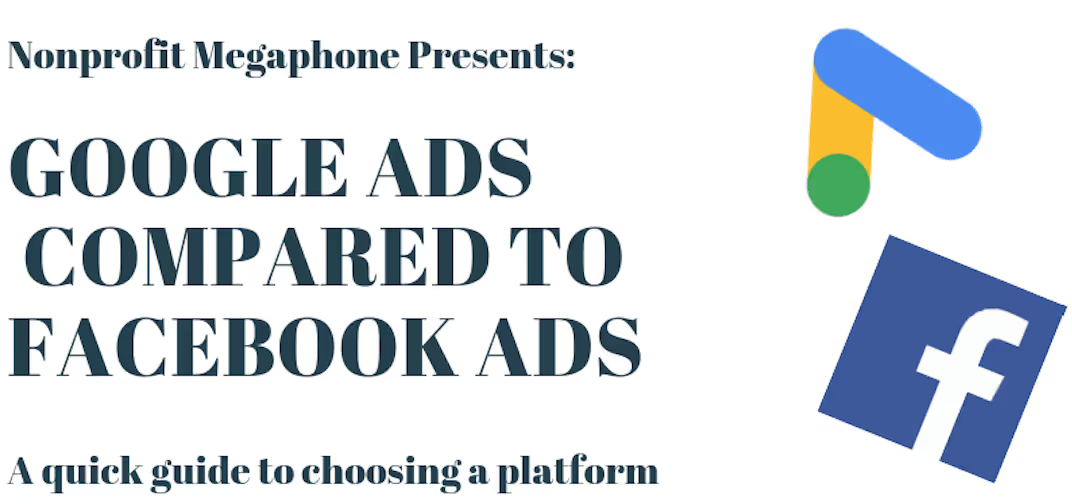






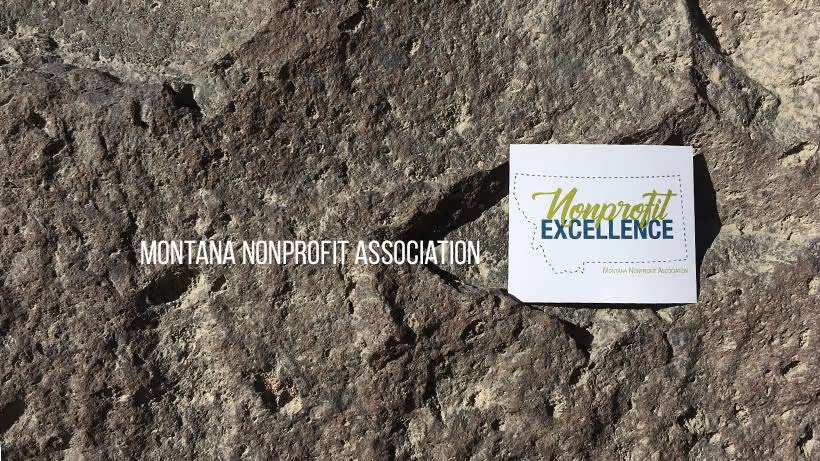








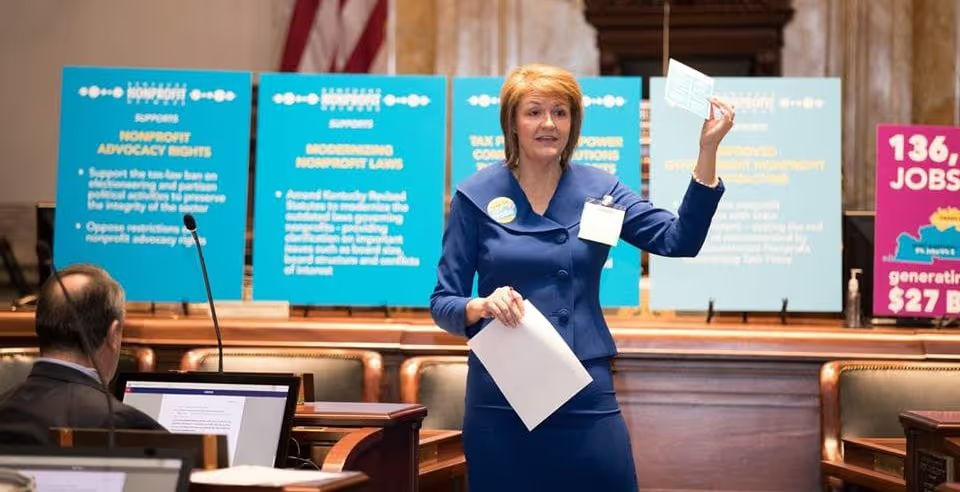










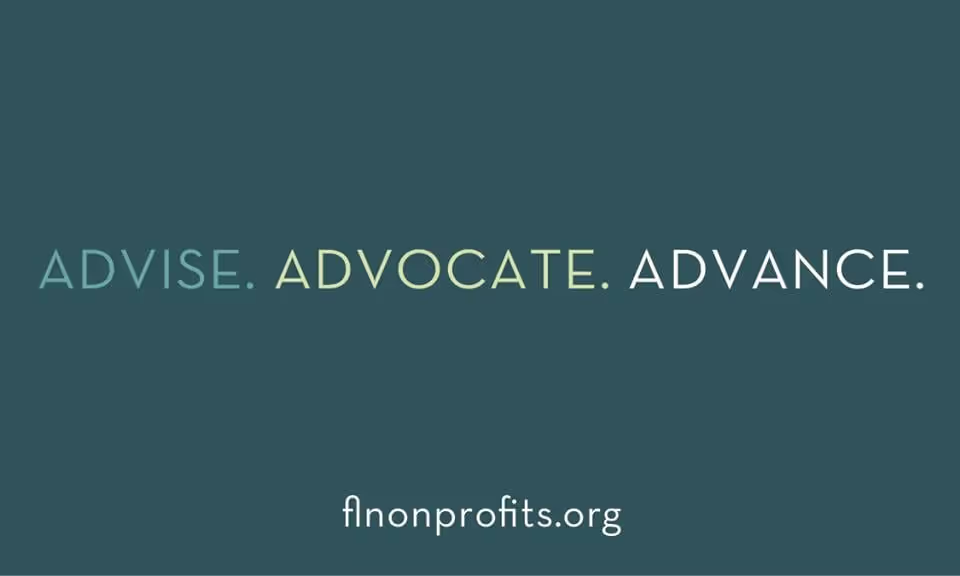






























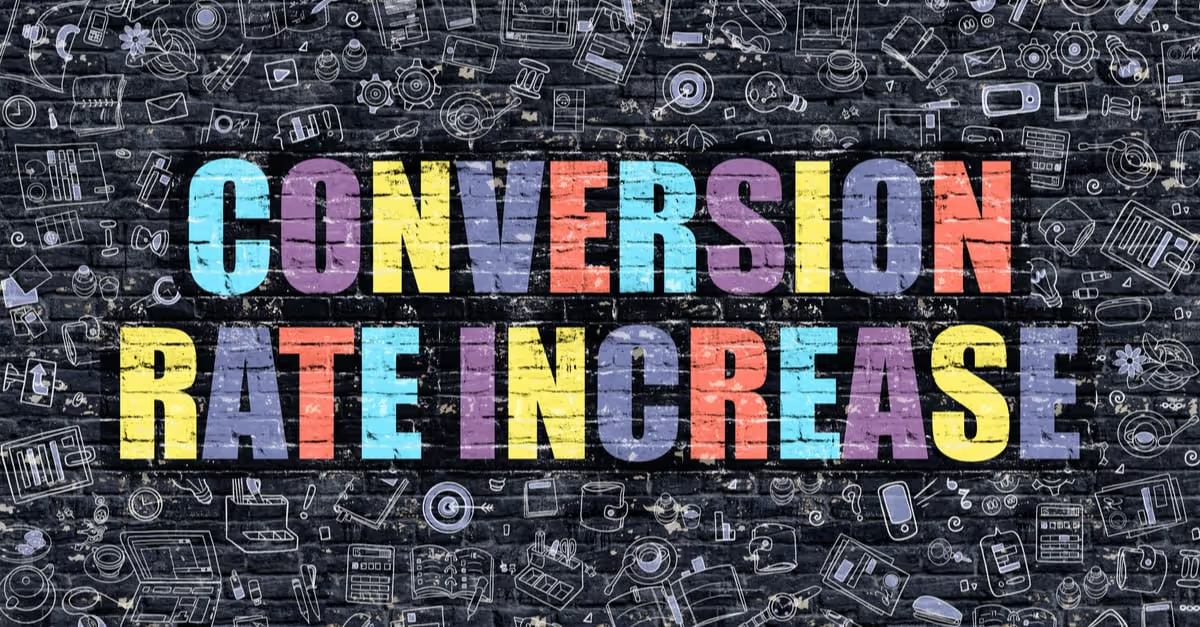































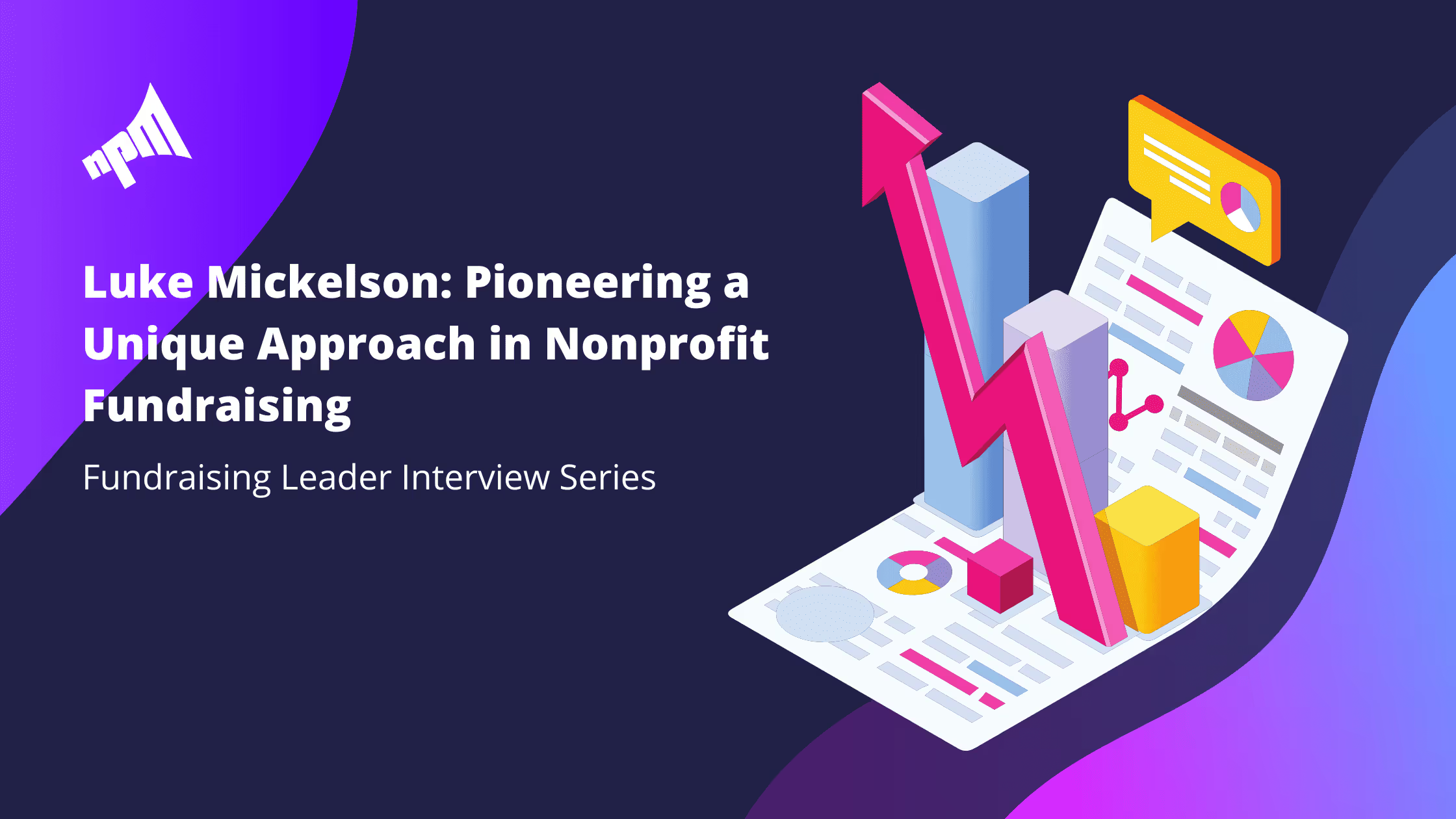




.svg)
.svg)
.svg)
.svg)